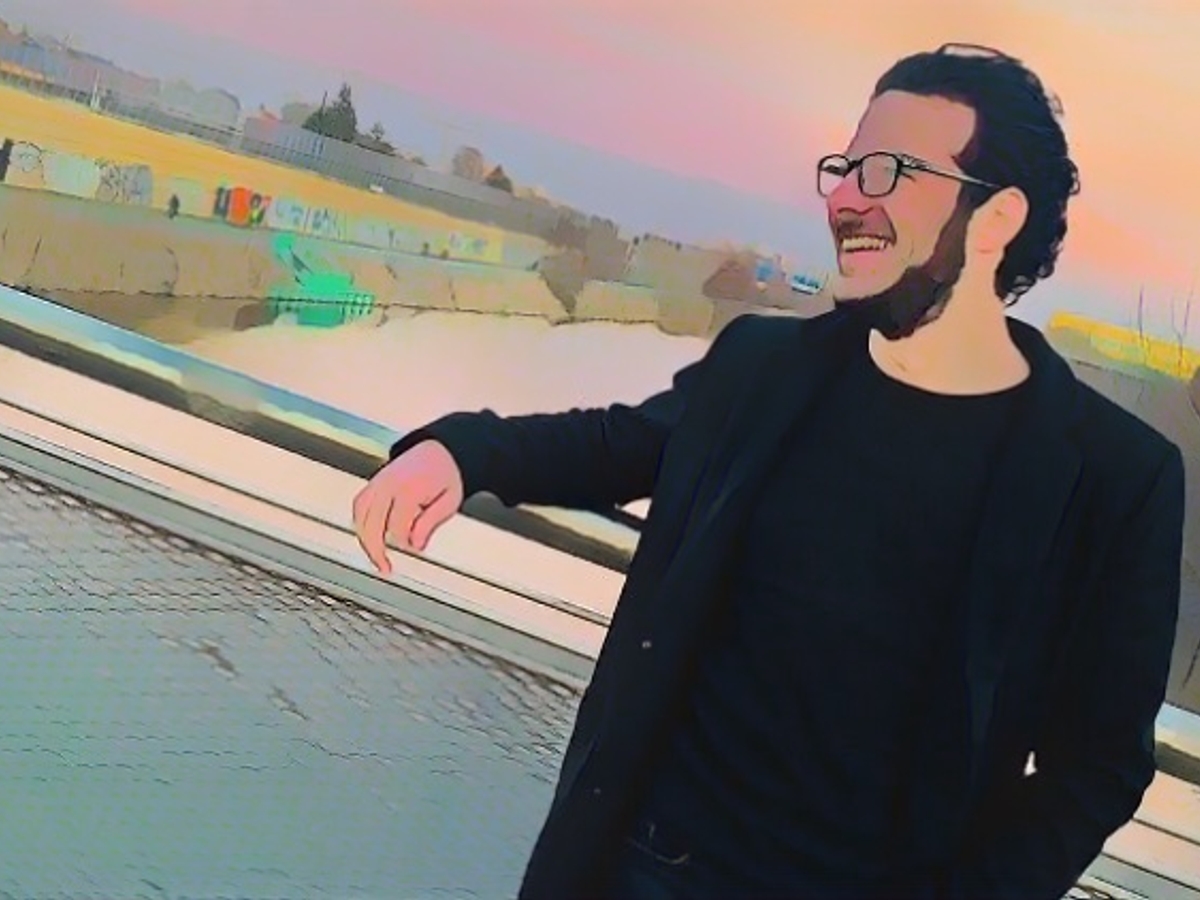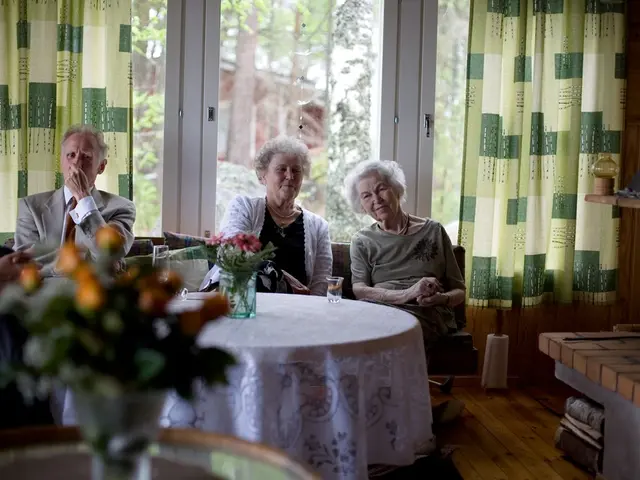Working at GASAG: Mohamad Houria's Journey
If you waltz into GASAG AG's office on the sixth floor, Berlin Schöneberg, you might catch a glimpse of Mohamad Houria taking a smoke break. His desk is neat, his computer's screen displaying rows of figures, while the next table is littered with coffee cups and empty sandwich bags. His German isn't perfect, but it's passable, with occasional pauses as he searches for the right words.
Houria, a Syrian accountant, worked his way through the education system in his home country before landing a job in the logistics sector. When war threatened his safety and the future of his community, a perilous journey took him and his brother across Greece to Berlin. They ended up stranded, struggling to navigate bureaucratic language barriers and administrative procedures.
This wasn't an unfamiliar struggle for Houria. With languages as his strength, he dove into German classes with resilience, determined to turn every hardship into an opportunity. As his language skills grew, he felt more at home in Germany, and an opportunity presented itself in the form of GASAG's special training program for refugees.
A Berlin success story
GASAG, one of Berlin's largest regional energy suppliers, took on responsibility in the midst of the 2015-2016 refugee crisis—using their recruitment and employer branding team, clients, and partners to help those in need. They initiated a unique training program for the most hopeful aspirants and strategically selected their first trainees.
Houria was one of those selected. After a successful internship, he was recruited as an industrial clerk, working his way up through the language-learning resources provided by the company. GASAG provided personalized language lessons and many forms of support for Houria and his fellow refugees to climb over the language barrier and navigate the German bureaucratic jungle.
A global trend in labor market integration
Today, almost 6 years after the program's inception, the Institute for Employment Research reports an astounding surge in the number of refugees finding employment in Germany. Around 559,000 or 54% of those who fled to Germany in 2015 were employed in 2021, rising to 57% when considering those who extended their stay by a year. A testament to progress and the willingness of companies like GASAG to invest in their community.
Houria's journey is proof that with the right support and opportunities, the integration process can be accelerated. Sophisticated online tools like ChatGPT, an AI-powered language model, help bridge communication gaps, reinforcing language skills and fostering accessibility.
A proud German citizen, Houria sees his future with GASAG, taking pride in his emails—written with precision and confidence—produced via language-enhancing AI. The journey wasn't easy, but with sheer determination, a willingness to learn, and the support of an innovative German company, Houria succeeded in making Germany his home.
In their recent research, the Institute for Employment Research evaluates the impact of companies engaging in refugee integration programs in Germany:
- Refugee integration can bring advantages to companies, including an enriched workforce and the opportunity to make diverse community connections.
- While language and legal barriers can initially complicate integration, a supportive work environment and personalized learning resources can help trainees overcome these challenges.
[Sources: www.ntv.de and Institute for Employment Research]








